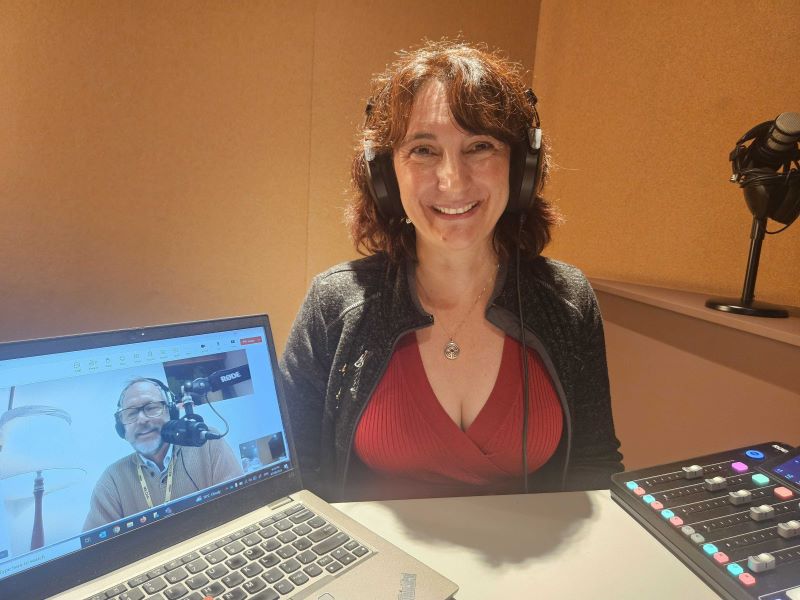The head of a US sonar and sensor manufacturer has urged the AUKUS partner governments to put greater trust in small companies as they ramp up defence collaboration, warning that relying solely on large primes risks slowing delivery of more innovative solutions.
Speaking to the Commercial Disco podcast, Massa Products Corporation president and chief executive Dawn Massa-Stancavish, a third-generation of her family’s business, said the trilateral pact offered opportunities well beyond submarine construction, with scope for commercial partnerships, university research, and joint ventures across Australia and the US.
Founded in 1945 by Frank Massa, the company has been central to US undersea defence innovation since World War II, developing over 200 sonar transducer types and pioneering acoustic torpedo guidance.
Today, Massa Products supplies more than 60 per cent of sonar transducers for Virginia-class submarines, as well as systems for the Ohio and Columbia classes. Despite its critical role, the Massachusetts-based company has remained family-owned and relatively small, employing around 90 staff.
Ms Massa-Stancavish said that independence allows the firm to “stay nimble, avoid bureaucracy, and deliver quickly on matters of national security.”
In Australia recently for the Submarine Institute of Australia conference in Perth, Ms Massa-Stancavish highlighted the dual importance of AUKUS Pillar I submarine sales and Pillar II advanced capability projects.
“Our sensors are all over the Virginia class,” she said, noting the company is also working with Honeywell and Australian suppliers to qualify local components for submarine systems. But she emphasised that Pillar II initiatives, such as autonomous systems and advanced sensing, must not be treated as “Plan B.”

“Pillar II really needs to be done in parallel. Creative solutions can be deployed faster than a submarine can be built, and small businesses have a critical role in that,” she said.
Ms Massa-Stancavish argued that expanding trusted supply chains across Australia and the US was essential to maintaining an “asymmetric advantage” in contested regions.
She pointed to pre-AUKUS collaborations with Australian firms on commercial projects and said she now sees scope to scale this into defence supply, including materials processing and critical minerals.
“A healthy, synergistic supply chain is good for both countries. Just because you’re small doesn’t mean you don’t have good solutions – in fact, smaller firms can often deliver faster with less bureaucracy,” she said.
The Massa chief also flagged the potential for closer links with Australian universities. On recent visits to the University of Sydney and UNSW, she saw “tons of potential” for joint research and student exchanges.
“There’s a wonderful network of bright minds here. Partnering with the US can open up channels to get innovations to market faster,” she said.
She urged governments to provide clearer frameworks for collaboration, improve transparency on threats and challenges, and open direct contracting opportunities for SMEs.
While acknowledging the role of major shipbuilders, Ms Massa-Stancavish warned against allowing “the big primes to control everything.”
“You want to be able to have agency to smaller companies and direct contracts so that you can get more solutions faster – especially with respect to Pillar II,” she said.
As submarine programs face delays, she said the ability of smaller players to deliver incremental technologies quickly could be decisive. “Building up Australian and American sovereignty goes hand-in-hand. Strong allies and agile suppliers will be critical if we need to ramp up quickly,” she said.
Do you know more? Contact James Riley via Email.
